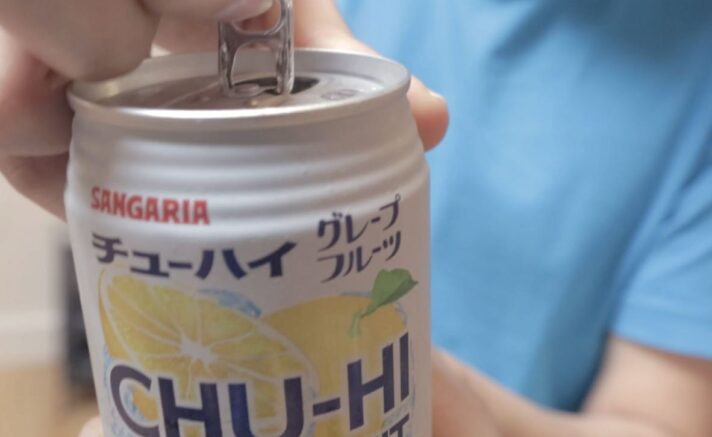Effective January 1st of this year, Seattle Washington imposed a tax on sugary drinks in an attempt to combat the public health crisis associated with sugar.
It’s pretty well known that obesity, heart disease, and type II diabetes have all been linked to diets with high sugar intakes. And now governments are trying to tax its citizens in an attempt to curb the addiction to sugar.
Now, I’m not going to get into the debate of whether or not governments should be trying to control what people consume.
Instead, I just want to show you an interesting move that one company is making in an attempt to pivot towards a changing consumer.
Guess how much sugar the average American consumes from Coca-Cola each year?
Over 10 pounds.
That is insane!
However, that trend is changing. The average consumer is actually shying away from traditional sugary sodas and now choosing diet and sugar free drinks instead. This trend is especially apparent in younger consumers who are more weary to the health concerns that surround sugar.
To meet this changing consumer, companies like Coca-Cola have branched out into different types of drinks. Coca-Cola now owns over 1,000 different fruit drinks, like Fuze, Minute Maid, and Odwalla.
But, that’s not enough for the mega corporation, who’s annual revenue is larger than many country’s GDP.
Coca-Cola just announced that it would break its 125 year tradition and enter the alcoholic market with a Japanese ‘Chu-Hi’ drink.
‘Chu-Hi’, for those who are unfamiliar, is basically a fruity flavored carbonated drink that has a low alcohol content.
Now, this is an interesting move for Coca-Cola, but in the bigger picture is not really that impactful for the company. Not only is this ‘Chu-Hi’ a very niche drink, but it’s also planned to only be distributed in Japan.
The reason why this is very important is because this new product for Coca-Cola is a sign of the times. Or in other words, I believe we will see many more similar moves with other companies in the coming years.
Newer generations are much more health conscious and aware as to what they put in their bodies. This is due to more transparency with food production, as well as advances in health care and knowledge.
This is obvious with the many healthy food movements, ever-growing fitness industry, and decline in tobacco smoking. (Whether or not people actually stick to their goals is another story. However, the awareness of healthy habits is much more widespread than in the past.)
Now, going back to Coca-Cola entering the alcohol market…
Ironically, I think we’ll be seeing many alcohol companies move into a new industry – cannabis.
So, we’ll have sugary drink companies moving into alcohol, while alcohol companies move into marijuana.
We’ve already seen alcohol giant Constellation Brands take a $200 million stake in the world’s largest cannabis company. This move was an obvious, although surprisingly late, move to position the alcohol company into an industry that will begin to absorb alcohol consumers.
My point with all of this is that consumer habits are making a significant change for the first time in a generation.
- Fast-food chains with deep-fried potatoes are trying to shift their menu to healthier options, like salads.
- Soda companies are looking to create products that are attractive to a consumer who doesn’t want sugar loaded carbonated drinks.
- Alcohol companies are looking for ways to cater to a new demographic who want a relaxing experience, while keeping calories in mind.
Where the market is ultimately going is anybody’s guess. But the days of a cheeseburger, fries, and a Coca-Cola are not what they used to be. The consumer is changing.
For an investor or entrepreneur, this creates an unbelievable opportunity. There are dozens of up and coming companies out there that are trying to disrupt the food and drink space.
One such opportunity is in the cannabis market. Like I said several weeks ago:
Just this week The Atlantic came out with an article talking just about that. It’s an interesting read, for anyone who is skeptical of the up-and-coming trend towards cannabis consumption.




